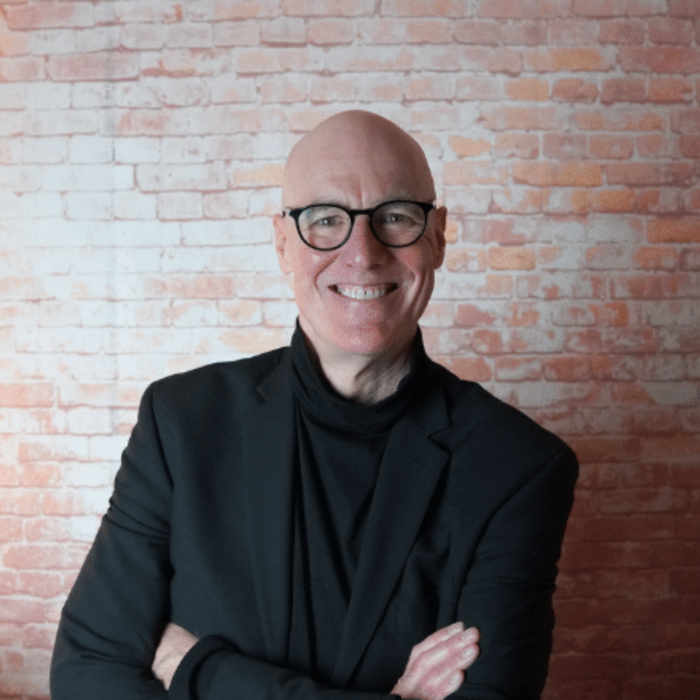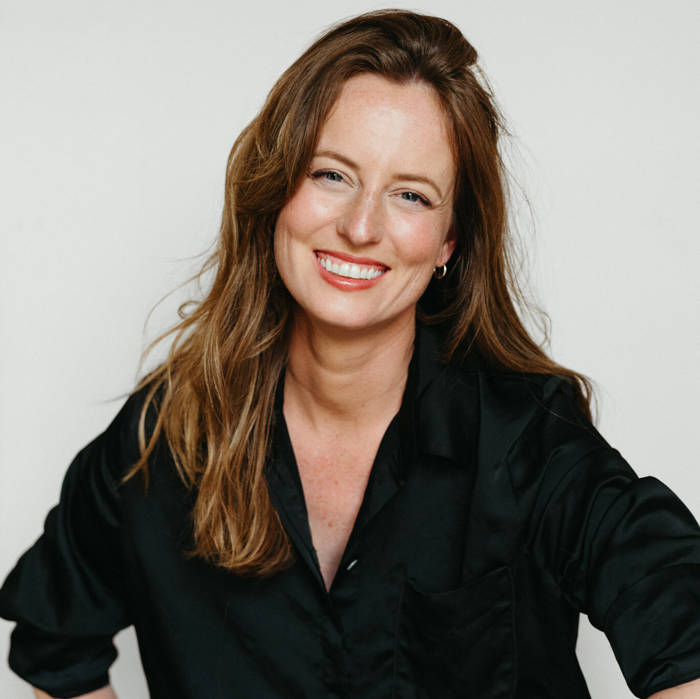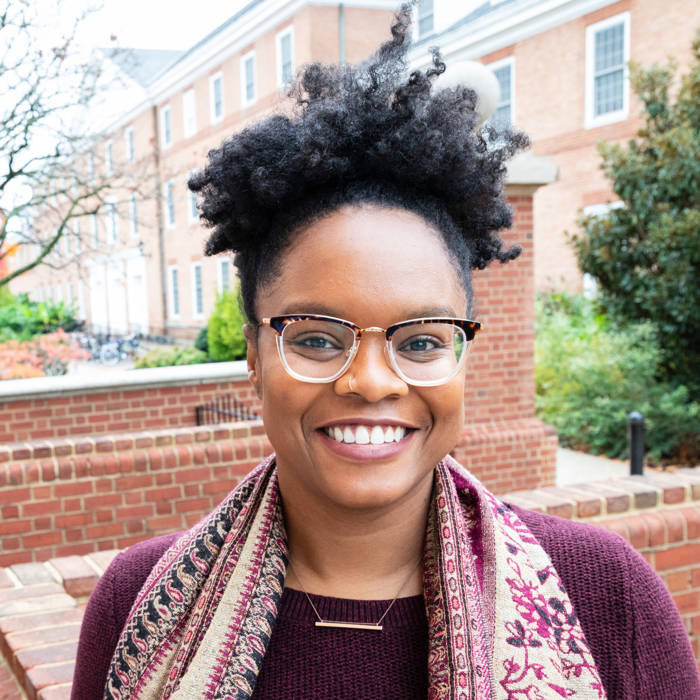Hyperadduction: A Preventative and Therapeutic Approach to Voice Teaching
Tuesday 9th January 2024, 1:00 PM - 2:00 PM (London Time)
“Hyperfunctional vocal behaviours are considered to be a primary cause of the most common voice disorders: throat discomfort, vocal fatigue, nodules, polyps, oedema, inflammation and haemorrhage of the vocal folds.” – Freeman and Fawcus
Speech pathology has long been the therapeutic route for treating hyperadductive speakers. Other practices like physical therapy, The Feldenkrais Method®, Alexander Technique and yoga practices have also assisted practitioners in the alleviation of hyperfunction in the body.
This workshop is designed to provide voice teachers and professionals with strategies to counter hyperfunctional vocal behaviours (such as constriction and overexertion of the muscles around the larynx) and thus enable ease of vocal fold functioning. Self-awareness, muscle-release lengthening and awareness stretches, laryngeal massage, neck-release and alignment, athletic-aspirated onset, silent inhalation, and SOVT exercises/practices are the chief tools for addressing this ongoing vocal trend.
As vocal pedagogy evolves, we must challenge ourselves to constantly grow and adjust to the modern expectations of the different genres we hope to be qualified to teach. Utilizing an approach that puts health and longevity before aesthetic is a good way to begin the journey of embracing diversity within our scope of instruction.
Dr John Seesholtz
Dr. John Seesholtz, baritone, is the cofounder of the Canciones project, a nonprofit organization dedicated to the advancement of Latin American music throughout all stages of academia and former Director of Vocal Pedagogy at the University of Colorado.
Sorry, this is an archived short course...
We have plenty of upcoming short courses coming soon. See details of some of them below or look at the full list of short courses.

Tuesday 22nd July 2025
5:00 PM - 7:00 PM
Tuesday 29th July 2025
5:00 PM - 7:00 PM
Tuesday 5th August 2025
5:00 PM - 7:00 PM
Tuesday 12th August 2025
5:00 PM - 7:00 PM
Tuesday 19th August 2025
5:00 PM - 7:00 PM
Tuesday 26th August 2025
5:00 PM - 7:00 PM
(London Time)
Certificated Public Speaking Coach qualification - with John Henny

John Henny
Would you like to be a certified public speaking coach? Join the renowned John Henny for this exciting new online course! This six-week online certification course is designed to equip voice teachers with the specialised skills needed to work with public speakers, corporate trainers, educators, and presenters. Unlike a general public speaking course, this program is specifically tailored to train-the-trainer, giving voice professionals structured methodologies, coaching techniques, and applied skills to enhance vocal delivery, confidence, and influence in professional speakers.

Thursday 24th July 2025
5:00 PM - 6:00 PM
(London Time)
Transitioning From Soprano To Mezzo-Soprano - Pedagogical Approaches!

Dr Caitlin Moore
This workshop will explore the considerations for transitioning from soprano to mezzo-soprano. We will examine the history and vocal science related to voice classification as well as interviews with singers and voice teachers. Interviews feature singers who have experienced this Fach change themselves, as well as voice teachers who have helped singers navigate this shift.


Tuesday 29th July 2025
5:00 PM - 7:00 PM
(London Time)
Towards a Jazz Pedagogy: Lessons from Legends and Educators!

Dr Autumn Griffin
Join Dr Autumn Griffin as she explores the foundational tenets of jazz pedagogy as both a conceptual and practical framework for teaching, in this two-hour workshop. Drawing from her research in “Towards a Jazz Pedagogy: Learning with and from Jazz Greats and Great Educators,” she’ll investigate how jazz (its historical and cultural legacy, structure, improvisation, and relationality) can be mobilized to inform dynamic, liberatory educational practice!
